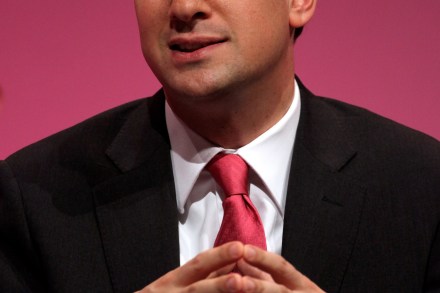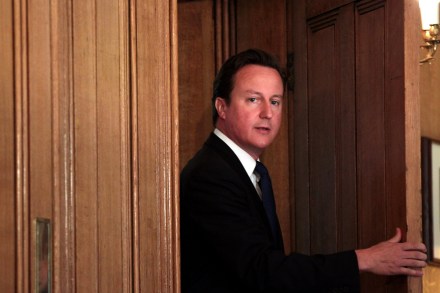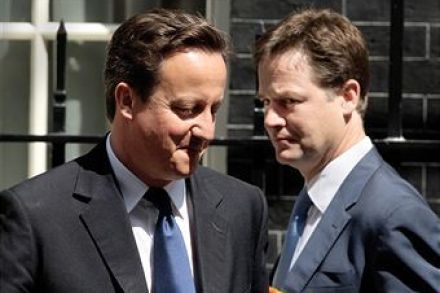Alexander rallies behind the 50p rate
Danny Alexander is usually the very model of collective responsibility: sober, unfussy and diligent, he sets about the coalition’s work without ever causing a scene. Which is what makes his televised comments about the 50p tax rate earlier all the more striking. When pressed on the subject by interviewer Sophie Rayworth, the Chief Secretary to the Treasury was forceful in response. The government doesn’t necessarily want to cut the rate, he suggested, and those who thought it would are inhabitants of “cloud cuckoo land”. He went on: “We set out in the Coalition agreement, and it’s something that we as Liberal Democrats pushed very hard for, that the Government’s first


















